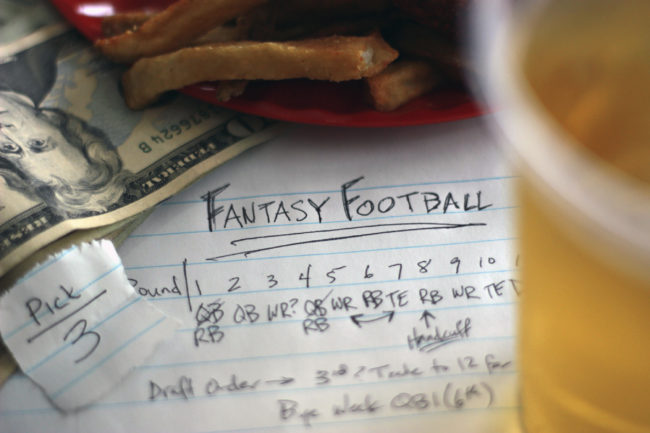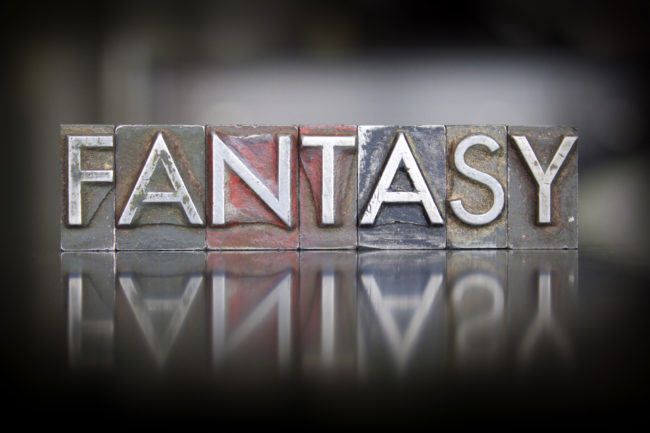On March 7, 2018, two Seventh Circuit judges, Judge Frank Easterbrook and Judge Ilana Diamond Rovner, certified the following question to the Supreme Court of Indiana, “Whether online fantasy‐sports operators that condition entry on payment, and distribute cash prizes, need the consent of players whose names, pictures, and statistics are used in the contests, in advertising the contests, or both.”
As we have previously reported, in May 2017, a group of 3,000 college-athletes, led by former Northern Illinois University football players Akeem Daniels and …
Continue Reading

